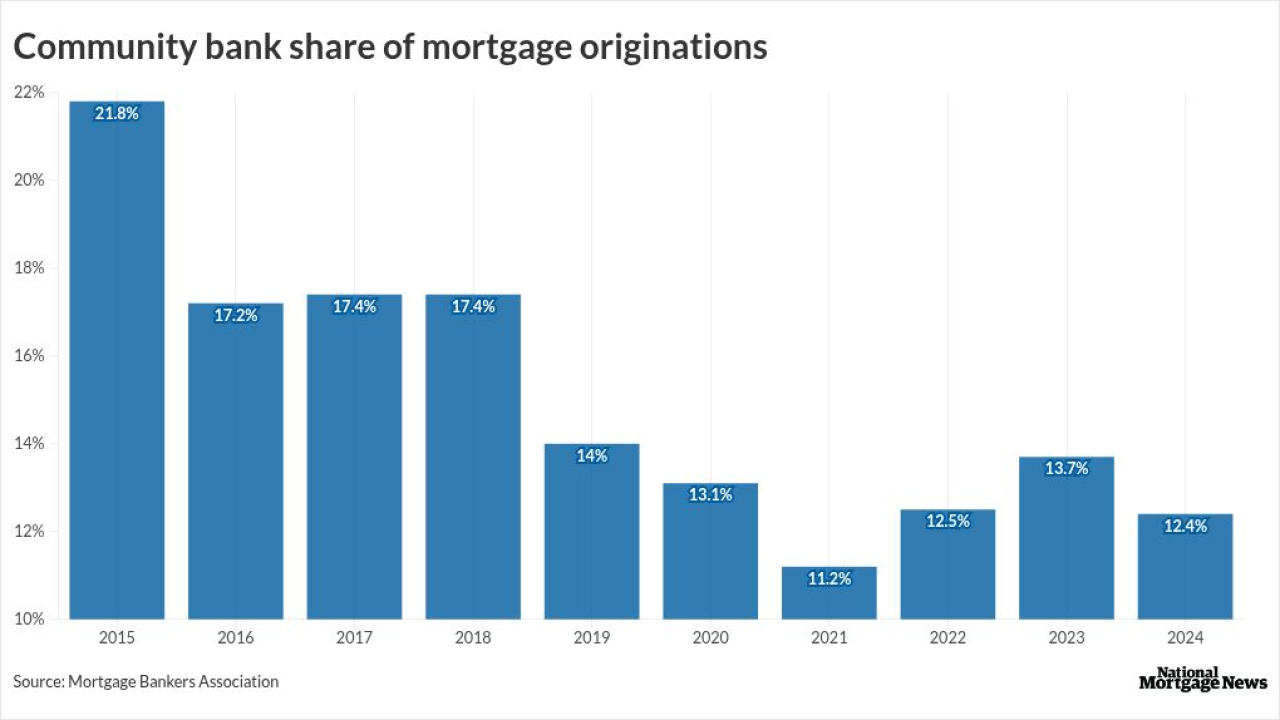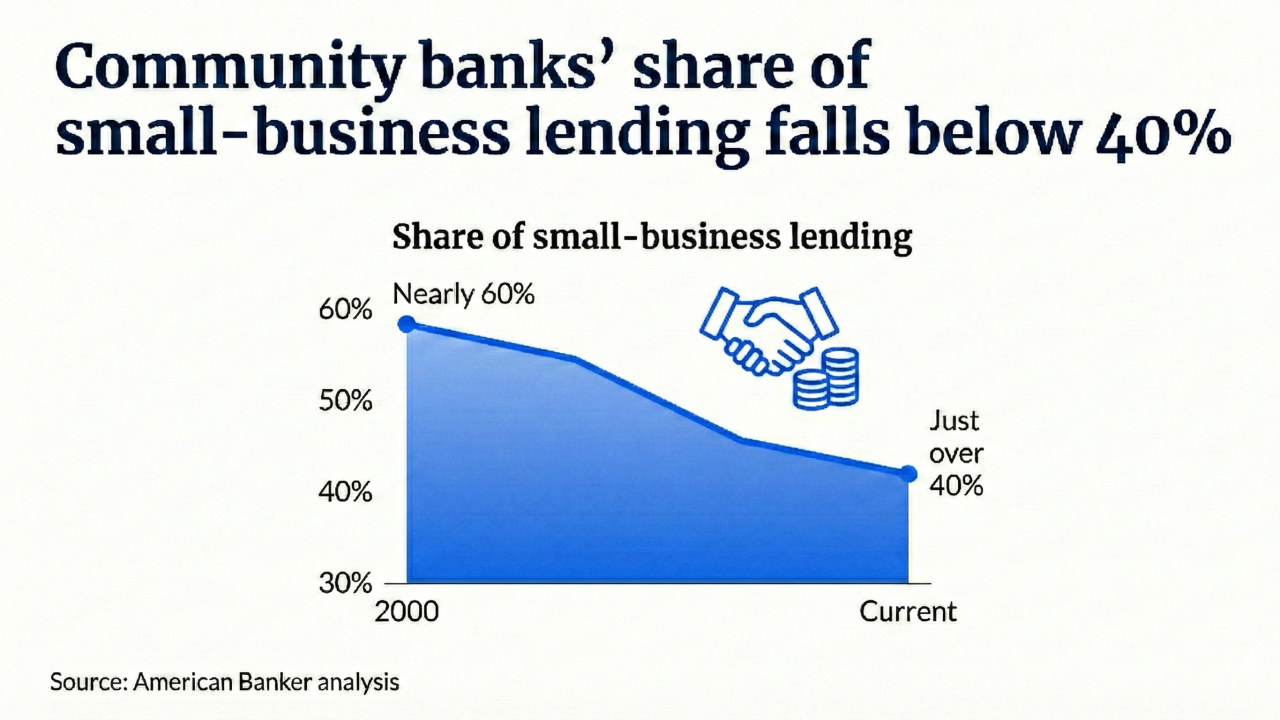What would a January issue be without a few predictions? Come to think of it, what would the financial industry be without a few predictions? Predictive modeling of human behavior began with automated credit reports in the 1960s, but has advanced so far that one tech start up claims to be able to predict the future (www.recordedfuture.com). Within banking, leading-edge companies like FICO claim to be able to reliably induce purchase behavior by targeting consumers with offers at precisely the right moment; banks are also implementing predictive technology that lets them tailor Web landing pages to show only certain products to browsing prospects based on information that consumers likely don't even know has been collected.
There's something unsettling- bordering on creepy-about all of this.
Part of the unease comes from privacy concerns, and knowing that even anonymized data can identify individuals with reasonable certainty. Also discomforting is the knowledge that when it comes to policing new uses of data, most regulators are well behind the technological times.
To be fair, the FTC and Commerce Department recently took firm stands on the issue of online privacy, issuing guidelines and calling for a "Do Not Track" mechanism. And credit reporting and debt collection laws govern the use of analytics in many financial services cases. But few rules exist for using the exabytes of data available for marketing purposes.
My other objection to the usage trajectory of predictive analytics skirts the realm of the role of commerce and consumption in society. The aim of predictive analytics in marketing and advertising is to capitalize on our propensity to consume ever-more stuff. This is good for business, especially as the economy struggles. But is it good for society? What are the ramifications of a company having knowledge about an individual that is so all-encompassing that the perfect marketing "call to action" can predictably change behavior?
Predictive analytics vendors, users, and some regulators have these questions on their radar. Bank of America, IBM, MasterCard, Acxiom and others were recently part of an ethics workshop hosted by The Centre for Information Policy Leadership. The result was a whitepaper entitled, "Data Protection Law and the Ethical Use of Analytics." The paper frames the ethical issues around analytics, starting with the premise that "analytics can have a negative as well as beneficial impact on individuals," and suggests companies vow to abide by cultural norms, i.e. don't do things with the data that even tech-loving editors find creepy.Let's be clear: There's no turning back the advances in analytics or their usage in banking. "Probabalistics are necessary for innovation," says Martin Abrams, executive director of the Centre.
But with the FTC and Commerce Department now involved, the banking industry and its regulators should seriously ponder the ethical, and unethical, uses of analytics. I predict it's an issue whose time has come.





